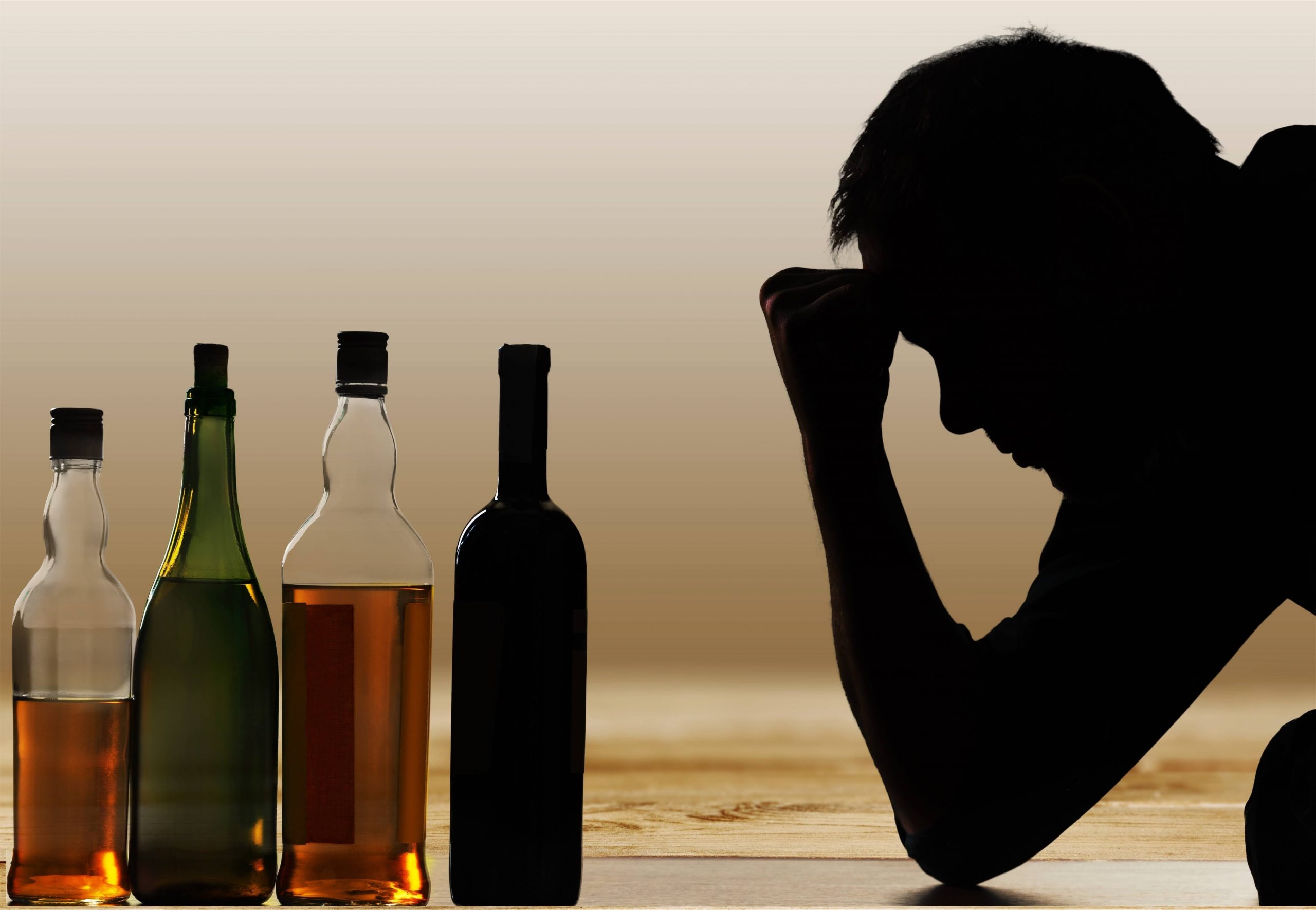Alcohol use disorder (AUD) is a chronic condition characterized by an individual’s inability to control their drinking, despite the negative impact it has on their health, relationships, and daily life. It can develop over time, leading to a reliance on alcohol to cope with emotions or stress. People with AUD may find themselves drinking more than intended, experiencing cravings, and neglecting responsibilities. This disorder can have severe consequences on physical health, including liver disease, heart problems, and mental health, such as depression and anxiety. Recovery from alcohol use disorder is possible with the right treatment, support, and commitment to change.
Alcohol use disorder is a medical condition that occurs when a person drinks alcohol in excess, leading to a dependence on it. Individuals with AUD may drink large amounts regularly, experience cravings, or be unable to stop drinking even when it negatively affects their relationships, career, and health. This condition often involves both physical and psychological dependence on alcohol, where the body requires increasing amounts to achieve the same effect. Symptoms can include blackouts, neglect of personal responsibilities, and withdrawal symptoms when alcohol consumption is reduced or stopped. Treatment for alcohol use disorder may involve therapy, counseling, support groups, and, in some cases, medication.
The symbol commonly associated with alcohol use disorder is often the broken bottle or a drinking glass with a cracked stem. These symbols represent the damaging impact that excessive alcohol consumption can have on an individual’s life. A broken bottle signifies the emotional and physical toll alcohol can take, while the cracked glass symbolizes the shattered relationships and self-control that can result from alcohol addiction. These images are used to raise awareness and encourage individuals struggling with alcohol to seek help before their situation worsens.

To stay safe from alcohol use disorder, it’s important to practice moderation and maintain a healthy relationship with alcohol. Setting clear limits on drinking, avoiding binge drinking, and recognizing when alcohol is being used as a coping mechanism are key to prevention. If you notice signs of dependency, such as the inability to stop after a few drinks or feeling the need to drink to unwind, it’s important to seek help early. Support from loved ones, therapy, or support groups can provide guidance and help you regain control. Developing healthy stress-relief habits and focusing on your mental and physical well-being can also reduce the temptation to rely on alcohol.
Monday: 9:00 AM – 5:00 PM
Tuesday: 9:00 AM – 5:00 PM
Wednesday: 9:00 AM – 5:30 PM
Thursday: 9:00 AM – 5:00 PM
Friday: 9:00 AM – 5:00 PM
Saturday: Closed
Sunday: Closed
Telehealth Appointments
Mon – Thurs: 09:00 AM – 5:00 PM

© 2025 Copyright Sal Psychiatry Services